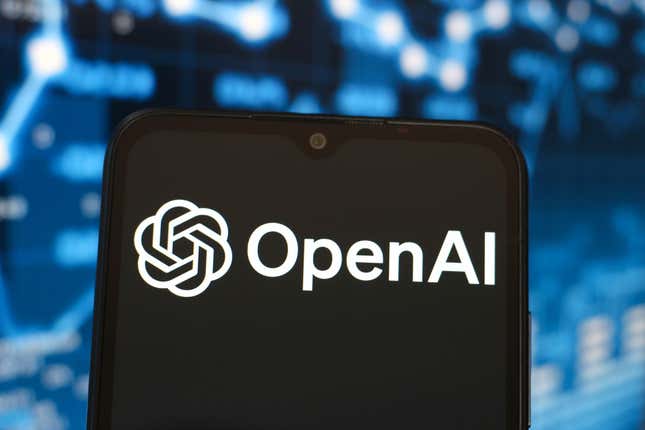
This story incorporates reporting from PC Gamer, BGR, MIT Technology Review, Computerworld, TechRadar and newsbytesapp.com.
OpenAI has released Operator, a largely autonomous AI tool designed to execute tasks on the internet based on simple text prompts. Operator stands apart by not only providing answers to queries but taking actionable steps to complete tasks. This AI agent aims to handle routine digital tasks such as scheduling appointments or conducting online transactions directly through a dedicated browser environment managed by OpenAI’s servers. However, early user feedback suggests inconsistent performance and a higher frequency of hallucinations compared to previous iterations like ChatGPT.
OpenAI’s Operator represents the next evolutionary leap for AI by venturing beyond mere conversational engagements into practical task completion. Unlike other AI tools such as Anthropic’s Computer Use and Google DeepMind’s Mariner, Operator operates remotely, executing tasks via a browser on OpenAI’s servers. This distinction allows Operator to stand out by autonomously performing actions on the web. However, some users have expressed concerns over Operator’s speed, reporting sluggishness compared to expectations set by OpenAI’s demonstrations.
The integration of Operator with OpenAI’s other products marks a significant step in AI evolution. Currently available as a research preview for ChatGPT Pro subscribers in the United States, OpenAI plans to make Operator accessible to ChatGPT Plus, Team, and Enterprise users in the future. This move aims to seamlessly integrate Operator’s capabilities into existing platforms, enhancing productivity and broadening AI’s practical usage in everyday applications. Despite its innovative promise, Operator’s development phase suggests it remains a work in progress, with OpenAI advising users not to overestimate its abilities.
The competitive landscape in AI task automation is intensifying. OpenAI claims Operator outperforms similar tools from Anthropic and Google DeepMind, leveraging the visual skills of the GPT-4o model to navigate web environments effectively. Operator uses screenshots and pixel scanning to interpret and execute web tasks. This capability positions it as a formidable contender in AI technology, promising efficiency improvements. Despite these advancements, Operator’s reliance on external browsers presents unique challenges. Its current propensity for errors underscores the need for further refinements before achieving widespread reliability.
Safety considerations and ethical concerns remain prominent as OpenAI continues to refine Operator. The tool’s autonomy introduces potential risks, including unintended consequences from task executions and vulnerabilities in circumventing existing system protection measures. Such concerns highlight the ongoing need for stringent safeguards to ensure responsible AI deployment. OpenAI acknowledges these challenges and emphasizes the importance of user confirmation before Operator finalizes tasks with significant external impacts.
The emergence of Operator and similar technologies could pose challenges to traditional internet services. For example, advanced AI task automation may disrupt search engines reliant on user interaction data for targeted advertisements. Such shifts underscore the broader implications of AI evolution for established business models. Operator’s advancement reflects a broader technological trend where AI increasingly influences digital commerce and online interactions.
Despite its early troubles, Operator signals an important shift in AI applications from passive information retrieval to active task management. As OpenAI continues to enhance this technology, Operator is likely to play a significant role in transforming how digital tasks are conducted, bridging the gap between human intentions and technological execution.
Quartz Intelligence Newsroom uses generative artificial intelligence to report on business trends. This is the first phase of an experimental new version of reporting. While we strive for accuracy and timeliness, due to the experimental nature of this technology we cannot guarantee that we’ll always be successful in that regard. If you see errors in this article, please let us know at [email protected].